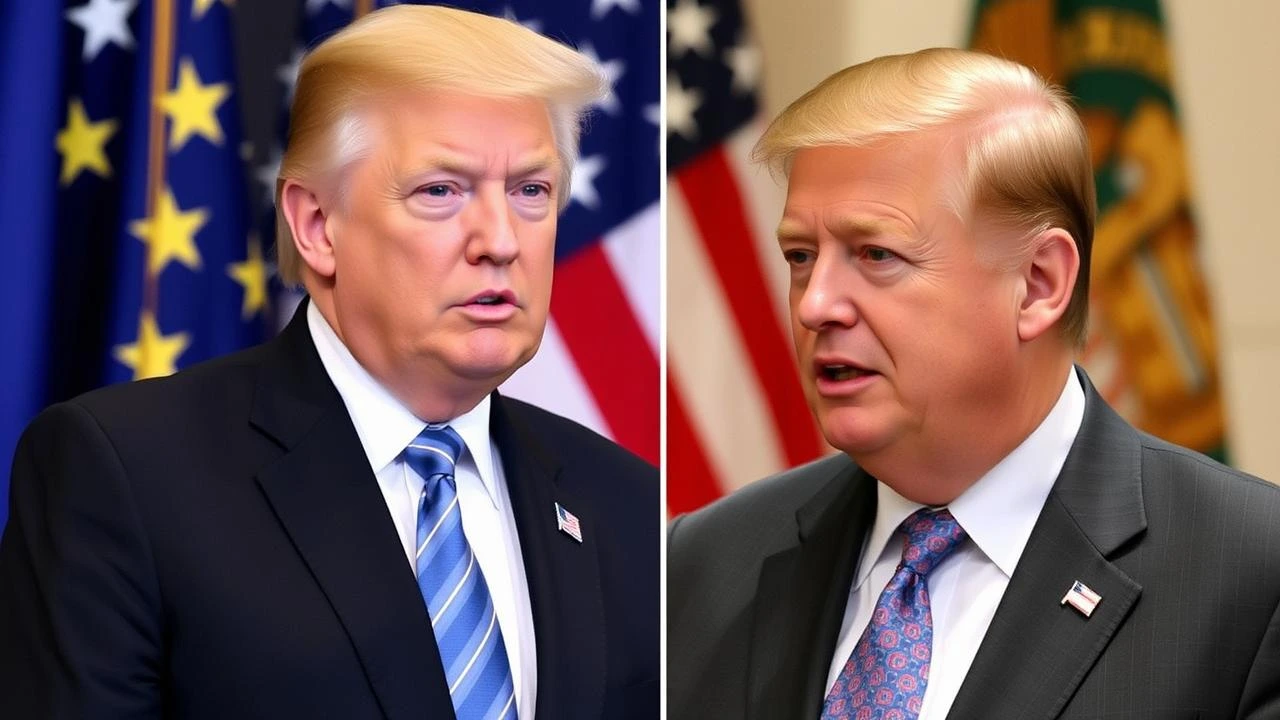As the 2023 G-20 Leaders’ Summit approaches, South Africa has expressed concerns over the absence of the United States. This summit, scheduled to be held in New Delhi, India, is a significant event that brings together the leaders of the world’s largest economies to discuss pressing global issues. South Africa, as the current chair of the African Union and a member of the G-20, is advocating for a more prominent US presence at the summit, highlighting the country’s leadership role on the global stage.
The Significance of the G-20 Summit
The G-20 group consists of 19 countries and the European Union, representing about 80% of the world’s economic output and two-thirds of the global population. This summit serves as a platform for world leaders to engage in discussions on various topics, including economic stability, climate change, health, and sustainable development. Given the current geopolitical issues and economic challenges, the importance of this meeting cannot be overstated.
South Africa’s Position
South Africa has been vocal about the need for the United States to participate in this summit. It is seen as a critical opportunity for the US to reaffirm its commitment to multilateralism and cooperation on global issues. The country emphasizes the importance of the US joining discussions that could potentially lead to meaningful partnerships and solutions to pressing global challenges.
A quote that encapsulates South Africa’s viewpoint on this matter comes from its Minister of International Relations and Cooperation, Naledi Pandor:
“In these challenging times, the world needs robust collaboration, and the absence of any major player, particularly the US, is a setback for our collective progress.”
Key Issues on the G-20 Agenda
As leaders gather to address multiple global challenges, several key issues are expected to dominate the agenda:
- Economic Recovery: Post-COVID-19 recovery remains a top priority, with discussions focused on strategies to revitalize economies.
- Climate Change: Leaders will address climate action and sustainability, seeking commitments for reducing greenhouse gas emissions and promoting renewable energy.
- Global Health: The ongoing challenges from the pandemic will prompt discussions on health security and equitable distribution of vaccines.
- Trade and Investment: Strengthening international trade relationships and boosting global investment are vital for economic recovery.
- Geopolitical Tensions: Leaders are likely to talk about the implications of ongoing global conflicts and the need for diplomatic resolutions.
The Impact of US Absence
The absence of the US at the G-20 summit could have several implications:
| Implication | Description |
|---|---|
| Weakened Multilateralism | A lack of US presence may hinder progress on collective outcomes. |
| Economic Decisions | US policy decisions greatly influence global economic dynamics. |
| Climate Agreements | The US plays a crucial role in international climate commitments. |
| Global Security | US engagement is vital for addressing international security issues. |
These implications illustrate the significance of the US participation in the summit. As other nations rally together to address their collective concerns, the absence of a key player could lead to stalled negotiations and unfulfilled potential in addressing the pressing issues of our time.
Challenges to US Engagement
Despite calls for increased participation, there are several challenges that the US may face:
- Domestic Priorities: Internal political dynamics and domestic policy considerations can impact international participation.
- Geopolitical Rivalries: Heightened tensions with countries like China and Russia may affect engagement levels.
- Economic Constraints: Resources may be pulled away from international obligations due to pressing domestic needs.
Conclusion
As the G-20 Leaders’ Summit approaches, the call for the United States to reaffirm its commitment to global collaboration is growing louder. South Africa’s insistence on US participation highlights a broader international desire for unity in addressing shared challenges. Whether or not the US decides to engage, the summit represents a crucial moment for all participating nations to come together in pursuit of a more stable, sustainable future.
Frequently Asked Questions
Q: Why is the G-20 summit important?
A: The G-20 summit is significant as it gathers major economies to discuss and coordinate responses to global challenges, impacting economic stability and international relations.
Q: What are the major topics discussed at the G-20 summit?
A: Topics often include economic recovery, climate change, global health, trade and investment, and geopolitical tensions.
Q: What are the implications of the US absence at the G-20 summit?
A: US absence may weaken multilateralism, hinder economic decision-making, affect climate agreements, and impact global security discussions.
Q: How does South Africa’s role as G-20 chair influence its stance on US participation?
A: As G-20 chair, South Africa has the responsibility to promote inclusivity and collaboration, emphasizing the need for the US to participate in tackling global issues.
Final Thoughts
The discussions that take place at the G-20 Leaders’ Summit will not only impact the immediate participants but will resonate throughout the global landscape. The calls for US participation serve as a reminder of the interconnectedness of global economies and the necessity for collaborative efforts as the world navigates an array of complex challenges.






